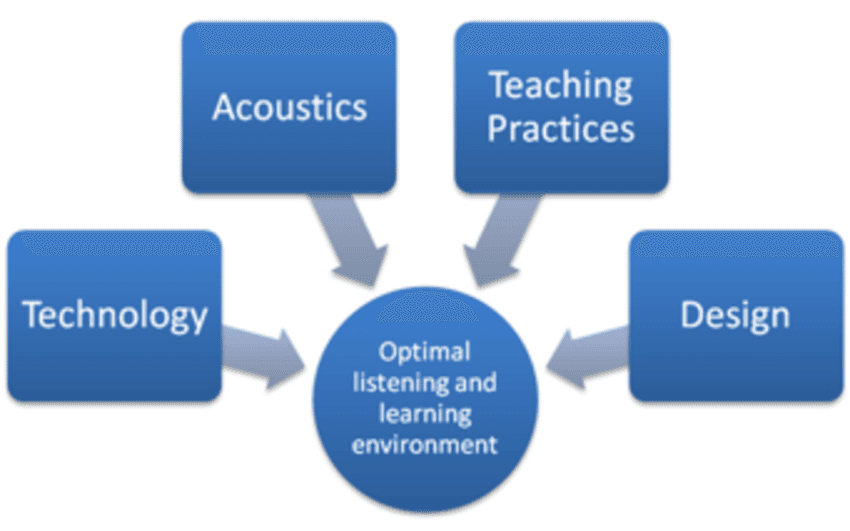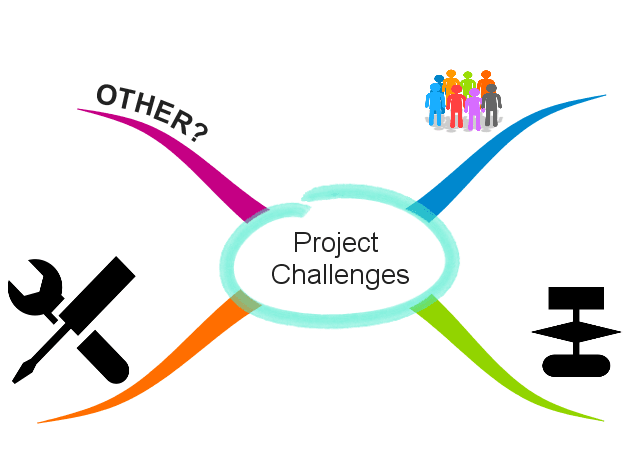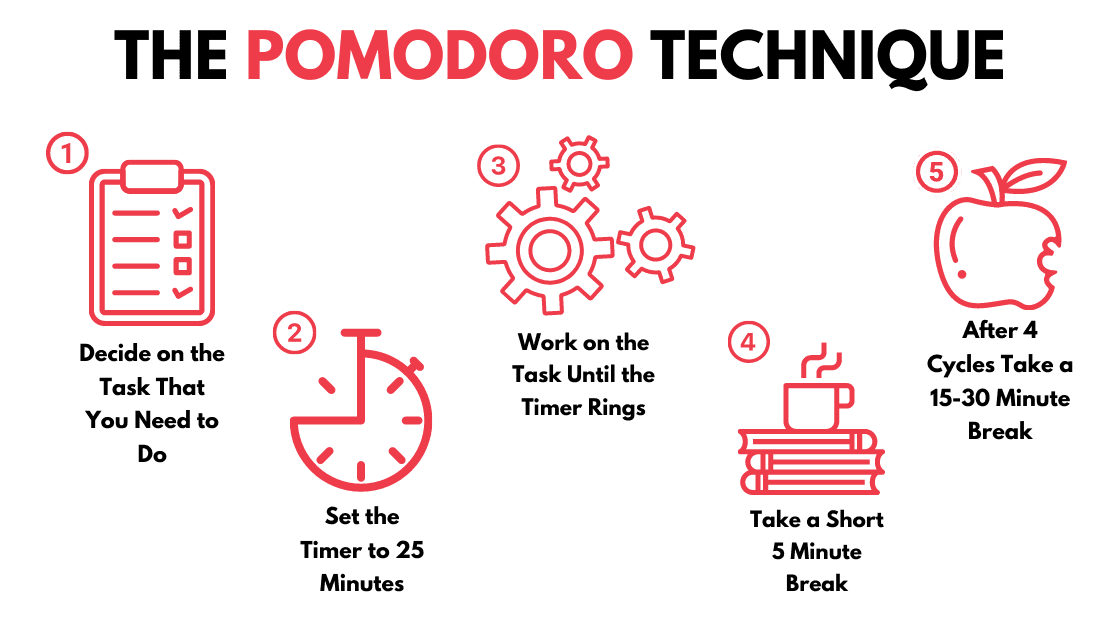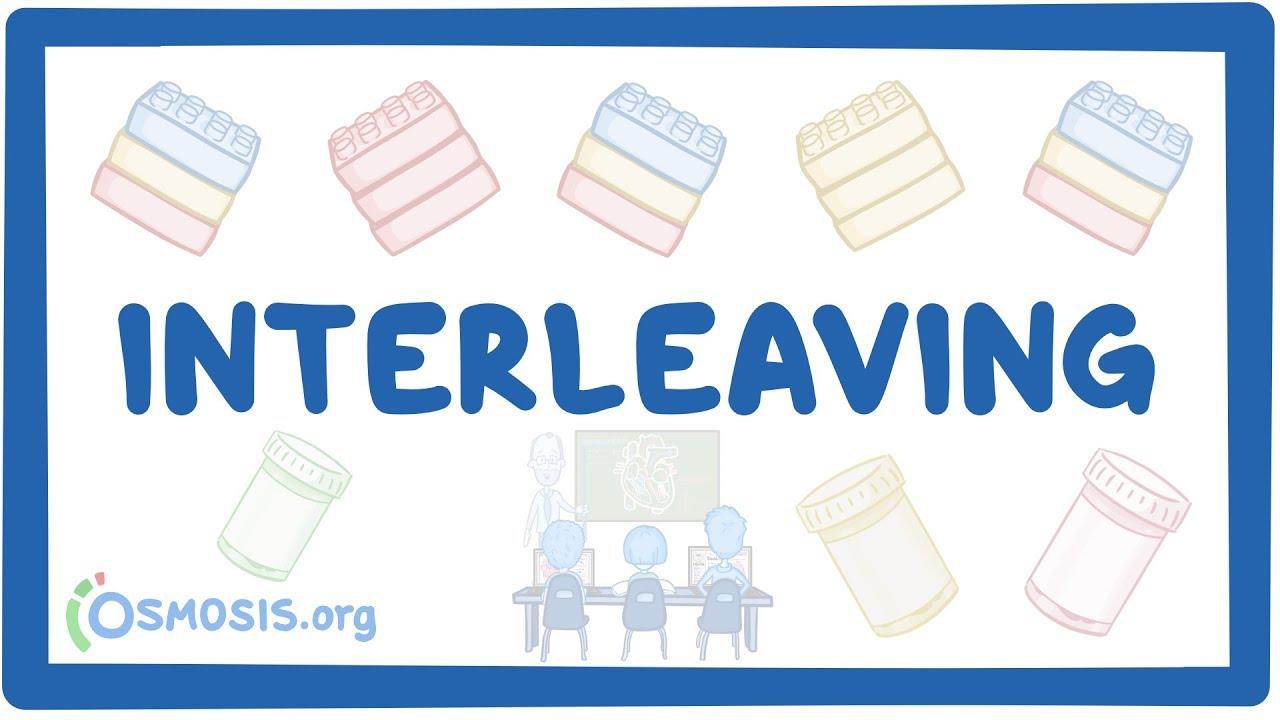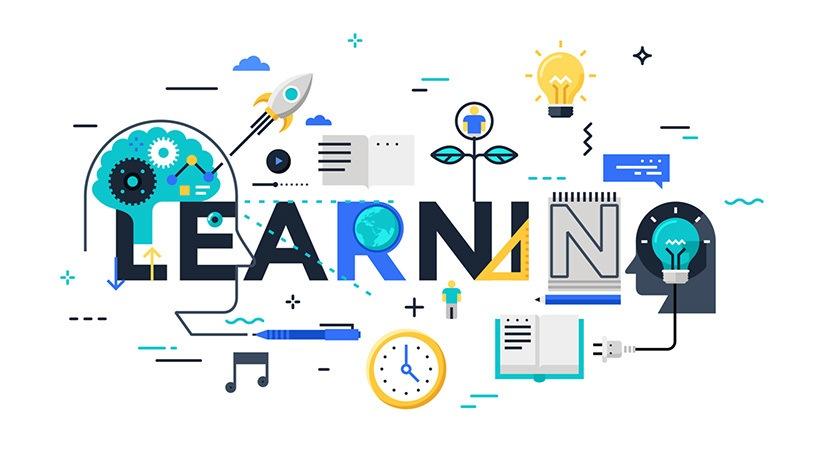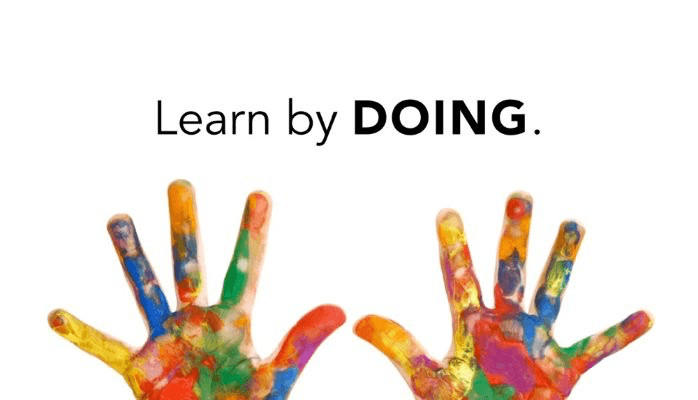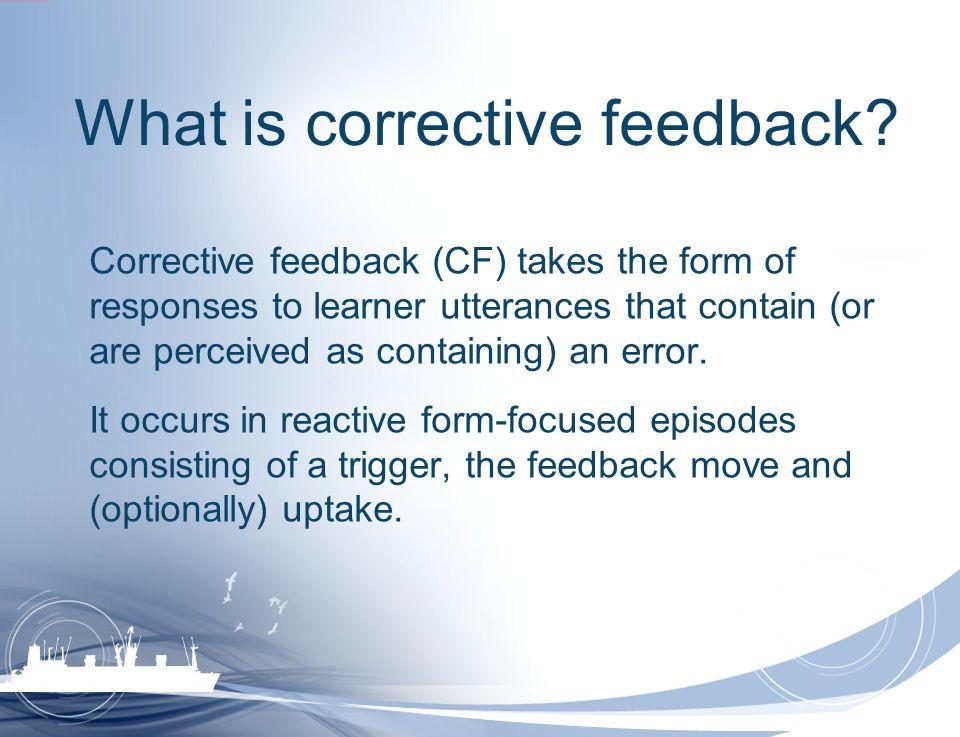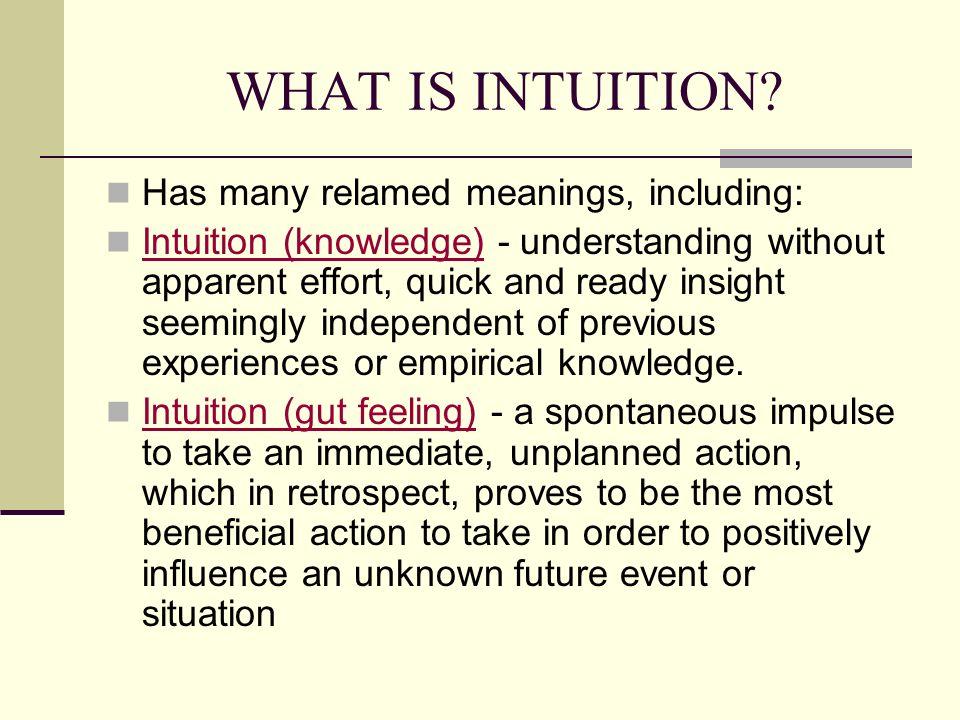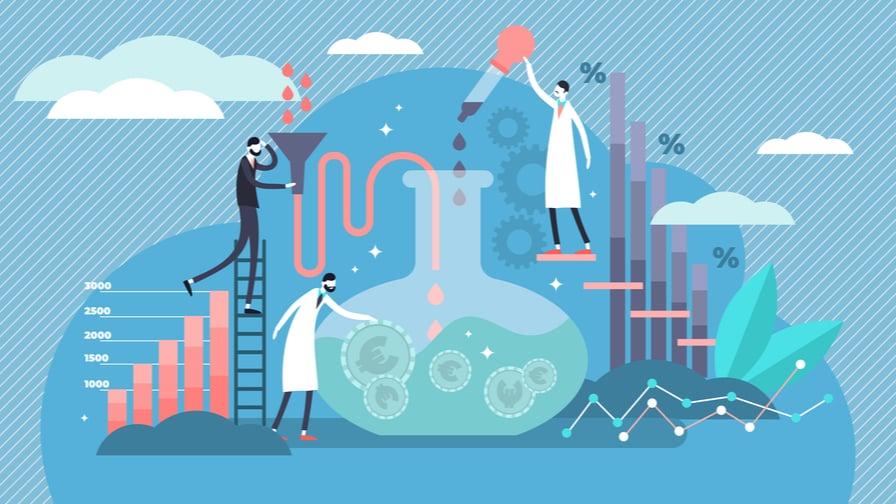K 's Key Ideas from Ultralearning
by Scott Young
Ideas, facts & insights covering these topics:
24 ideas
·33.4K reads
160
1
Explore the World's Best Ideas
Join today and uncover 100+ curated journeys from 50+ topics. Unlock access to our mobile app with extensive features.
1. Ultralearners Are Quick Learners
Ultralearners are people who can learn and acquire new skills in a short time frame. These people must be aggressive and strategic with their learning approaches. An example of this is Eric Barone. Eric was a theater usher who decided to create his own computer game. He was a recent IT graduate who had to compete with huge companies with massive budgets. That said, Barone refined his mechanics over five years by adopting an aggressive trial and improvement approach.
350
3.17K reads
2. Develop an Optimal Learning Strategy
Meta-learning should always be the start of your ultralearning journey. Meta-learning is the process of learning how to learn effectively. To start implementing meta-learning, you must first establish how information is structured in your chosen field. This means you should avoid just absorbing random information.
Meta-learning requires you to look at the big picture and develop an optimal learning strategy.
365
2.64K reads
Scott Young offers three approaches to help you identify your optimal learning strategy:
- Create a Metalearning Map
These maps should break your topic down into 3 categories:
1.1 - Concepts: relate to what you need to understand.
1.2 - Facts: relating to what needs to be memorized.
1.3 - Procedures: relate to what needs to be done.
You must appreciate that not all skills will require all 3 procedures. E.g; learning a basketball shot will require you to focus on the procedure almost entirely. Once you have considered each of the categories, you should focus on the most relevant category.
426
2.22K reads
2. Use the Map to Identify Challenges
After establishing your meta-learning map, you must identify which aspects of learning might prove challenging. After noting these challenges, you should brainstorm techniques to overcome them. These techniques often require you to engage with a specialist activity, like spaced repetition, if you have to remember lots of information.
351
2K reads
3. Identify a Clear Focus
Sharpening your knife is Young’s analogy for refining your focus. One of the most effective modern approaches to sharpen your knife is removing electronic temptations. For example, switch off your email notifications and stop binge-watching Netflix.
The first challenge to refining your focus will always be getting focused in the first place. The author suggests tricking your brain into thinking you are focused. Set a timer and promise yourself that you can stop working when the timer goes off. You may find that you have built the momentum to continue working by the end of these three minutes.
352
1.53K reads
The Pomodoro technique is potentially the most effective way to use timers like this. With this technique, you need to set a timer for 20 minutes. After these 20 minutes, you can take a five-minute break. After the break, set another timer for 20 minutes and repeat.
After using these techniques to develop focus, you must learn how to sustain your focus. The issue with building momentum while working is that you may fall into autopilot. Autopilot tricks you into thinking you are productive, but in reality, you have lost your focus.
361
1.46K reads
The best way to tackle autopilot is to use interleaving. Interleaving is the act of breaking a project into several short and regularly-spaced sessions.
Finally, monitor your attention and arousal levels and decide on which task to tackle based on these levels. For example, if you feel intense with a narrow focus, you should choose a repetitive task. Conversely, if you are relaxed with a wide-ranging focus, you should choose a creative task.
351
1.5K reads
4. Learning Helps Make Your Journey More Direct
Formal education provides knowledge related to an indirect path between your learning context and the target environment. For example, we learn French in a classroom, rather than asking a French person for directions. So, it is unsurprising that we struggle to apply our French schooling in the real world. Scott Young recommends making the path between your learning experience and application experience as direct as possible.
332
1.27K reads
To hone your directness, you need to start learning things by doing. Young also calls this approach project-based learning. Situating your learning directly in your target environment means you skip the challenge of transferring your skills. Arguably, the most effective way to adopt project-based learning is immersive learning—for example, a French student spending a year working in France. The author admits that some skills are unsafe to immersively learn, like flying a plane. But you can engage in a similar environment to an immersive environment through simulations.
337
1.13K reads
5. The Direct-Then-Drill Approach
Elite athletes, piano prodigies, and successful ultralearners all perfect their techniques to maintain their competitive edge. Start practicing a skill by adopting what Young calls the direct-then-drill approach. Start with a direct approach to your skills, so you can identify the areas you need to hone in on. Then, drill through the skills you need to hone and return to direct practice until you notice more skills that need drilling.
340
1.22K reads
To optimize your drilling, apply yourself to a rate-determining step. In ultralearning, this is the step that unlocks the next level of knowledge. Identify these steps and then adopt one of the following approaches: First, you can time-slice by isolating one step & repeating it until perfection. But you can only adopt this approach if you can easily isolate a step from the entire process. If you can't, you can always separate a skill into cognitive components and time-slice them. Alternatively, you can use the copycat method. Choose an idol who excels in the area you want to improve & emulate.
333
1.01K reads
6. Improve Retrieval Rates Through Testing
Testing yourself is often an effective way to improve your ability to retrieve a skill. Young offers two methods to improve retrieval rates. Firstly, you can review your learning materials. Specifically, go back over the materials you used when you first studied this topic. The alternative to recall facts and concepts from memory is significantly more effective. Young cites a 2011 study from Purdue University that found recall is far more effective for long-term learning retention. Despite this, most learners fall back on reviewing old material.
325
952 reads
The issue with reviewing is also the same reason it is such a popular technique. When we review content, we often understand and recognize the content. So, we assume we have learned that concept. This is a passive approach to learning and is a faulty judgment of learning. Although the recall is often more difficult, this struggle in the short term helps you remember in the long term. Retrieval offers a desirable level of difficulty.
326
882 reads
The following are retrieval approaches you can use to improve your learning:
- Test yourself or challenge yourself to write down everything you can remember.
- Avoid taking notes while reading. Instead, pose questions that will prompt you to retrieve the information.
- Set yourself a task that will test everything you have learned.
354
981 reads
7. Outcome, Informational and Corrective Feedback
Even if you believe you excel in a field, you still need to accept feedback to continue progressing and improving. Almost all feedback is valuable, but some feedback is more helpful than others. Firstly, Young considers outcome feedback. This is the most basic form of feedback and involves determining whether you have reached your desired outcome. This type of feedback can be encouraging but often lacks enough information to make meaningful changes.
325
917 reads
The next type of feedback is informational feedback. Informational feedback involves highlighting problem areas and isolating mistakes based on the moment you receive the feedback. For example, when an audience member walks out of your speech.
The final and most effective form of feedback is corrective feedback. This type of feedback tells you precisely what you are doing wrong and how to rectify it moving forward. When obtaining feedback, you should accept all feedback. But you should always prioritize corrective feedback, then informational feedback, and finally, outcome feedback.
321
775 reads
8. Avoid Cramming Information
In 2015, Nigel Richards won the World French Scrabble Championships. The remarkable thing is he did not speak French. Despite the 386,000 French words approved by Scrabble, Richards could win by committing these words to memory. This is a perfect example of ultralearning.
To become highly effective, you will need to commit important information to memory. Don't commit things to memory in one burst. Avoid cramming and space out your memorization sessions so you can remember the information long-term. So, make the time a few days per week to memorize the information.
325
840 reads
Spaced repetition is potentially the most effective technique to learn information. Test your knowledge of discrete chunks of information in a randomized way. If you can easily remember a topic, you can push it further back in your revision schedule. On the other hand, you should revise the topic you have difficulty with sooner. Attempting to retain information while it is difficult will create stronger long-term memories.
327
804 reads
9. Knowledge Supplies Intuition
Having a deep understanding of a topic enables you to develop intuitions filled with connections and patterns. If you can accelerate your knowledge of a topic, you can become highly impactful through your intuition. Young provides several ways to speed up your acquisition of the knowledge required to intuit:
- Ask stupid questions because they will allow you to build the strong foundation required to develop intuition.
337
889 reads
2. Push yourself into challenging learning experiences that can lead to a deeper grasp of the subject. So, never run away from challenges or take shortcuts. Always choose the more extended solution to a problem.
3. Do not give up when things become difficult. Instead, implement a struggle timer whereby you tell yourself that you have to attempt to overcome the challenge for a chosen period.
4. Finally, try to develop your understanding of your topic. You should also develop a level of understanding that allows you to question the common concepts and theories.
339
811 reads
10. Experimentation Is What Makes You a Genius
Young uses Vincent Van Gogh as an example for this final principle. Van Gogh was an art school dropout who was consistently described as an unremarkable painter. Today, he is considered one of the greatest artists ever to live. He achieved this success through consistent experimentation. His distinctive art style changed considerably from his early years. He did not immediately hit on his distinctive esthetic. So, Young describes experimentation as ultralearning’s secret ingredient.
332
859 reads
The first approach you can adopt to experiment is copying and then creating. Emulate someone else’s work, and then use this to test your own ideas. One way to improve the efficiency of your experimentation is to set limits on your creativity. Working within strict limits can force you to try a process you never normally would.
327
929 reads
IDEAS CURATED BY
CURATOR'S NOTE
Ultralearning is a strategy for aggressive, self-directed learning. Self-directed means you can take back control, rather than wait to pay for expensive tuition and tutors. Aggressive means that instead of spending years at something without getting great, your limited time and effort are always directed towards what works.
“
Curious about different takes? Check out our Ultralearning Summary book page to explore multiple unique summaries written by Deepstash users.
K 's ideas are part of this journey:
Learn more about books with this collection
The importance of physical activity
The role of genetics in lifespan
How to maintain a healthy diet
Related collections
Different Perspectives Curated by Others from Ultralearning
Curious about different takes? Check out our book page to explore multiple unique summaries written by Deepstash curators:
8 ideas
Thieu Bui's Key Ideas from Ultralearning
Scott Young
14 ideas
Anjola Omole's Key Ideas from Ultralearning
Scott Young
7 ideas
Daniel S.'s Key Ideas from Ultralearning
Scott Young
Discover Key Ideas from Books on Similar Topics
3 ideas
3 ideas
How Fast Should You Be When Learning? | Scott H Young
scotthyoung.com
13 ideas
Learn Better
Ulrich Boser
Read & Learn
20x Faster
without
deepstash
with
deepstash
with
deepstash
Personalized microlearning
—
100+ Learning Journeys
—
Access to 200,000+ ideas
—
Access to the mobile app
—
Unlimited idea saving
—
—
Unlimited history
—
—
Unlimited listening to ideas
—
—
Downloading & offline access
—
—
Supercharge your mind with one idea per day
Enter your email and spend 1 minute every day to learn something new.
I agree to receive email updates
